44.3% of families in Türkiye’s earthquake zone lack food as housing crisis continues
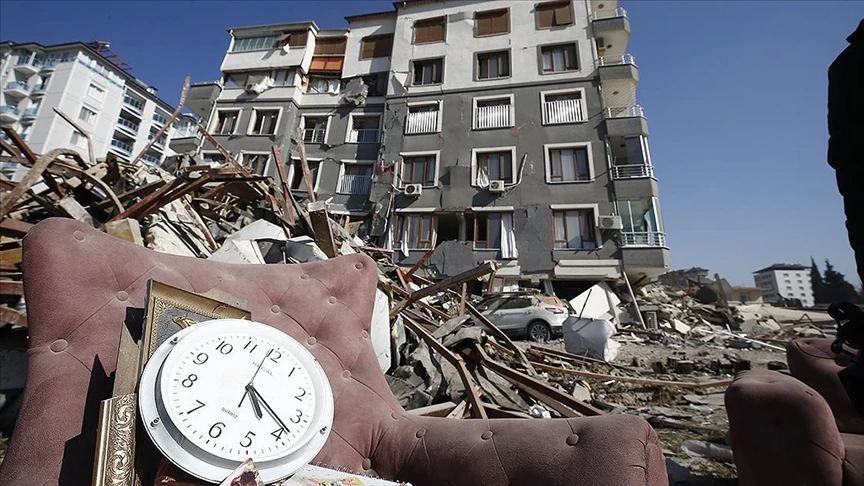 A clock frozen in time among the ruins—a chilling reminder of when the earthquake struck at 4:17 a.m., changing lives forever, Hatay, Türkiye, Feb. 6, 2023. (AA Photo)
A clock frozen in time among the ruins—a chilling reminder of when the earthquake struck at 4:17 a.m., changing lives forever, Hatay, Türkiye, Feb. 6, 2023. (AA Photo)
Two years after the devastating Feb. 6, 2023, earthquakes in Türkiye, thousands of survivors still face severe hardships.
A new report by the Turkish Medical Association (TTB) and the Health and Social Service Workers Union (SES) describes ongoing problems in housing, food security, health care, and education across the affected earthquake zone.
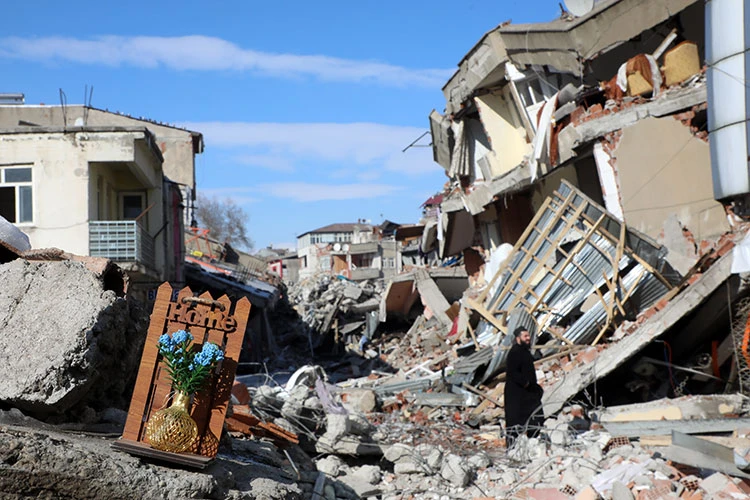
Many earthquake survivors still wait for promised housing as construction efforts lag
The report states that only 201,580 out of the 452,983 promised housing units have been given to earthquake survivors.
The Ministry of Environment, Urbanization, and Climate Change had pledged to complete the construction of 358,859 homes, 31,307 workplaces, and 62,817 village houses by the end of 2025 in the earthquake zone. “Only 169,171 homes, 149 workplaces, and 32,260 village houses have been distributed to eligible recipients,” the report says.
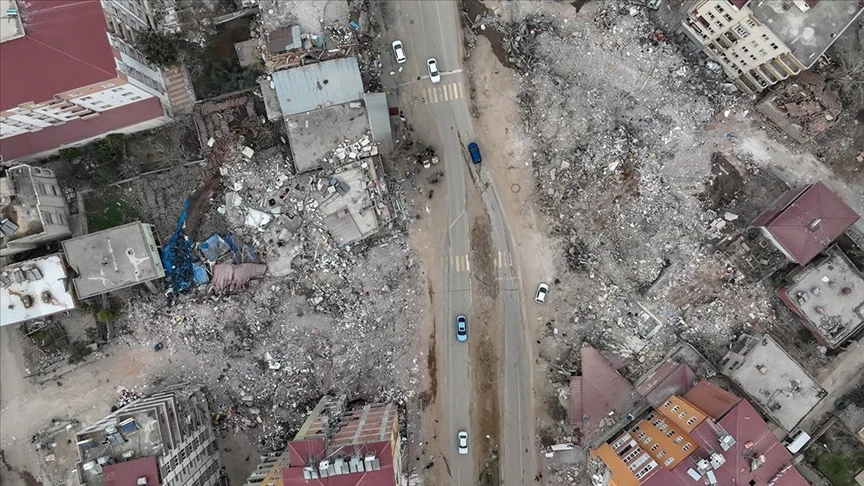
Food shortages remain serious issue for survivors in earthquake zone
Access to food remains a major concern in the earthquake zone. The report states that 44.3% of families in the earthquake zone do not have regular access to food. Nutritional deficiencies among children remain alarming.
“According to the Türkiye Nutrition Guide, only 13.7% of children aged 12-59 months consume enough milk, 8% consume enough vegetables, and 6.7% consume enough grains,” the report states.
In Adiyaman, “14.4% of children under five suffer from stunted growth, 6% are underweight, and 6.5% are overweight.” The report also notes that 32% of infants under 5 months are exclusively breastfed, while the percentage declines as complementary foods are introduced.
Storage and kitchen facilities are also inadequate in the earthquake zone.
- One-third of families in the region lack proper food storage, and 5.6% do not even have a kitchen
- Processed and high-energy packaged foods are widely consumed, with 70% of children aged 12-23 months eating such products
- 88% among 24-35-month-olds and 96% among 36-47-month-olds are eating processed and high-energy packaged foods
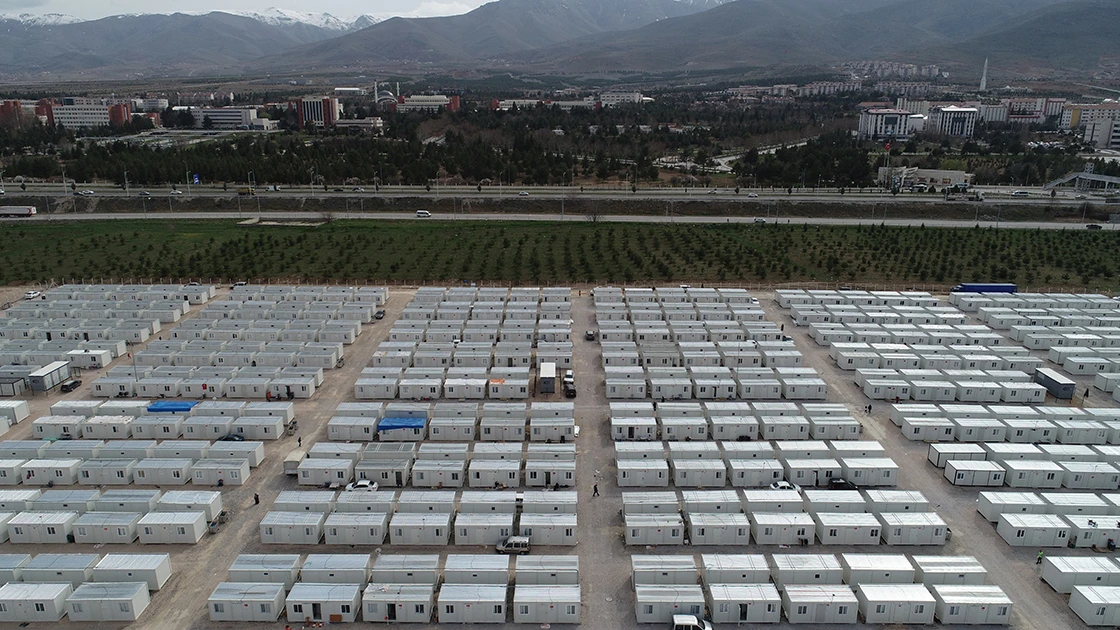
Limited health care increases burden on earthquake survivors
Health care remains a critical issue in the earthquake zone. The report points out that 105,135 people in Hatay and 43,926 people in Adiyaman do not have access to a family physician.
Hatay Training and Research Hospital, which has an official bed capacity of 550, currently operates with only 350 beds. The number of specialist doctors has dropped by 50%.
Health care facilities have not been rebuilt fast enough in the earthquake zone. In Hatay, 56 Family Health Centers were destroyed, but only three have been constructed in two years. Authorities plan to demolish 10 more centers, forcing health care workers to operate from container units.
In Adiyaman, officials announced plans for 16 new Family Health Centers, but only four have been built. The report notes that “one was funded by a pharmaceutical company, while two were financed by the World Health Organization.”
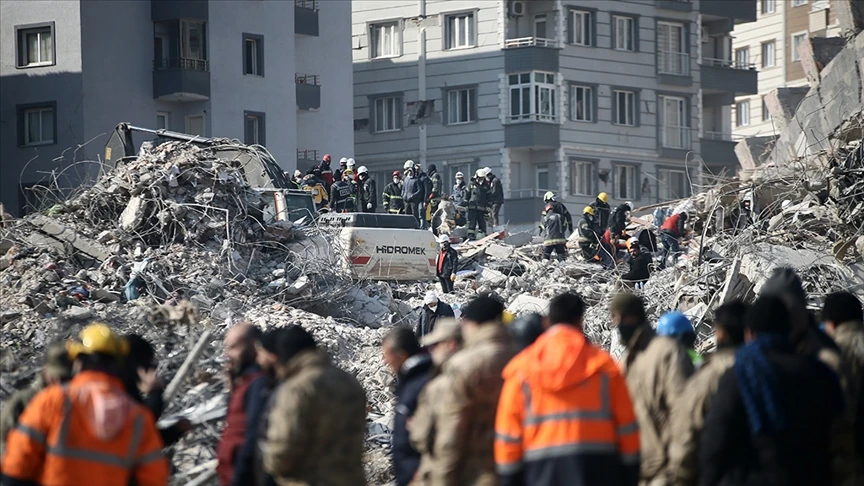
Rising mental health issues among earthquake survivors
Mental health problems have worsened. The report states that post-traumatic stress disorder (PTSD) rates in Adiyaman stood at 44.8% two months after the earthquake, 30.4% after six months, and 19.6% after one year.
Between November 2023 and 2024, “there were 187 suicide attempts.” Substance abuse among children in Hatay has nearly doubled, according to the report.
Education has also suffered. The number of students in Adiyaman in the 2023-2024 academic year dropped by 18,452 compared to the 2021-2022 period. In Hatay, the student population has fallen significantly compared to 2022, with “7,449 fewer preschool students, 10,855 fewer primary school students, 18,356 fewer middle school students, and 28,588 fewer high school students.”
Workplace safety has also worsened in the earthquake zone. The report states that worker fatalities in the construction sector have risen sharply. “In Kahramanmaras, the number of worker deaths in construction increased from 16 in 2020 to 61 in 2023. In Hatay, the number rose from 22 in 2020 to 57 in 2023. In Malatya, the figure increased from nine in 2020 to 14 in 2023.”
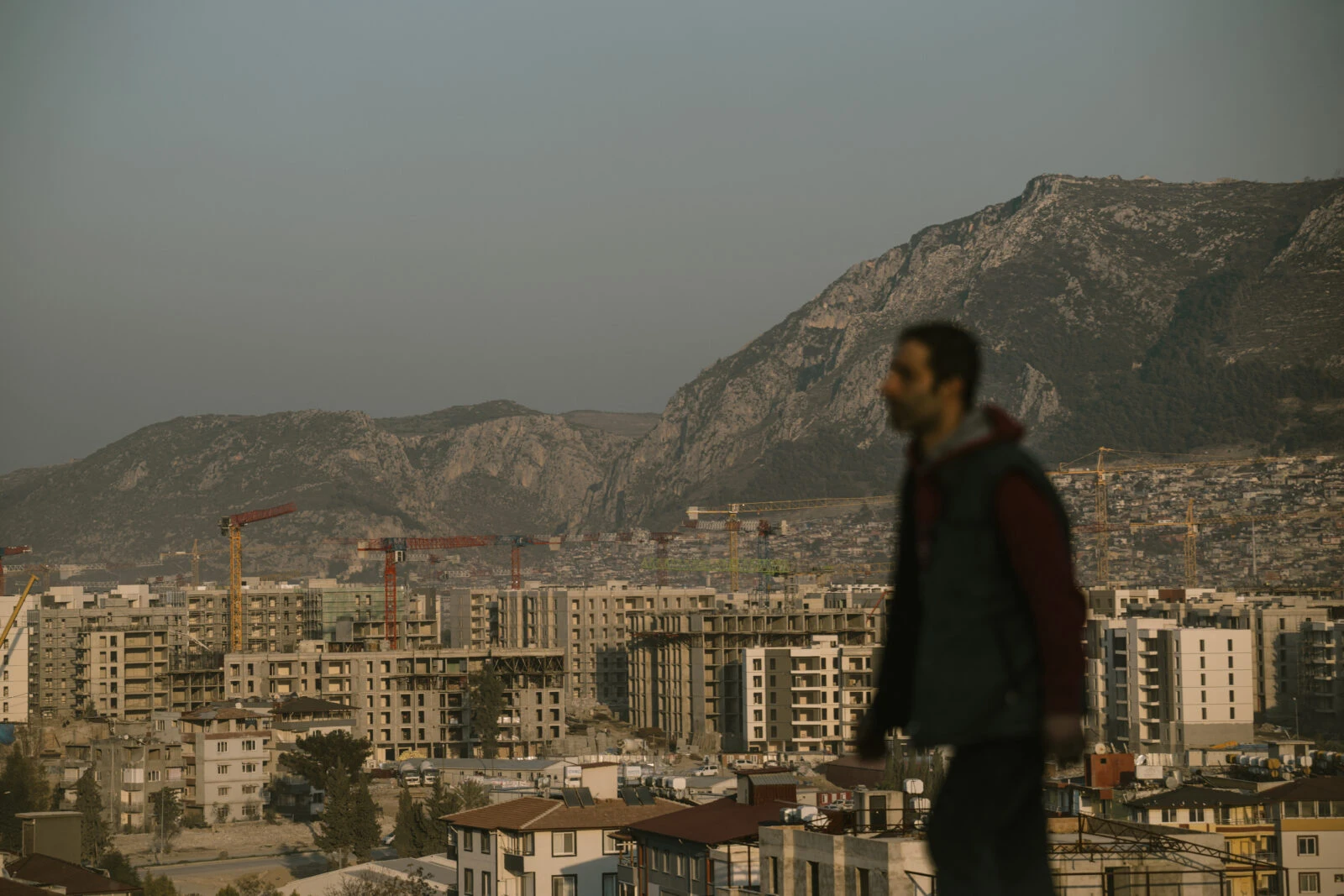
Air pollution in earthquake-hit regions reaches dangerous levels, exceeding health limits
Air quality in the earthquake zone has worsened. Air quality monitoring conducted by the Clean Air Rights Platform and the TTB between Jan. 7 and 25, 2025, found that the 19-day PM2.5 concentration in Antakya averaged 41.5 micrograms per cubic meter.
“The 24-hour average PM2.5 concentration in Antakya was 2.8 times higher than the World Health Organization (WHO) guideline,” the report states. The WHO recommends that this level should not be exceeded more than three or four times a year to protect human health.
The findings of the TTB-SES report indicate that thousands of earthquake survivors still lack adequate housing, food, healthcare, and educational opportunities. The conditions in the affected regions show the urgent need for further reconstruction efforts, improved healthcare services, and better living conditions.



